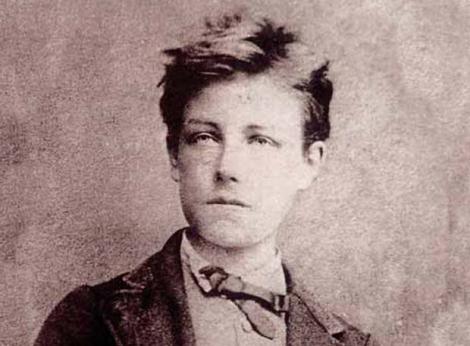
Rimbaud
“O Let my keel burst! Let me go to the sea!”
What’s surprising is that “O let my keel burst!” – the boat itself says that, the Drunken Boat, and in slang “keel” (la quille) means “leg.” When he was seventeen, Rimbaud said: “O let my keel burst!” That is, “O let my leg…” And at thirty-seven he had his leg cut off, by the sea, at Marseille. That’s all I wanted to say.
There is, it seems, though I can’t prove this, with every man, every man, whether a poet or not – “poet” doesn’t mean much – but with every man there is, at a given moment, something like a prophetic gift with regard to himself, that he himself does not see. I’m convinced that Rimbaud meant to say, and did say, that his leg would be cut off. I’m convinced that he wanted his silence. I’m convinced – to stay within the realm of the poets – that Racine wanted his silence; I’m convinced that Shakespeare really wanted anonymity, in the end, and Homer too.
So what is it that acts through each man and that each man, at one given moment or another, can unveil, and perhaps bring into the open? I don’t know. Maybe nothing.”
(Interview with Antoine Bourseiller by Jean Genet)